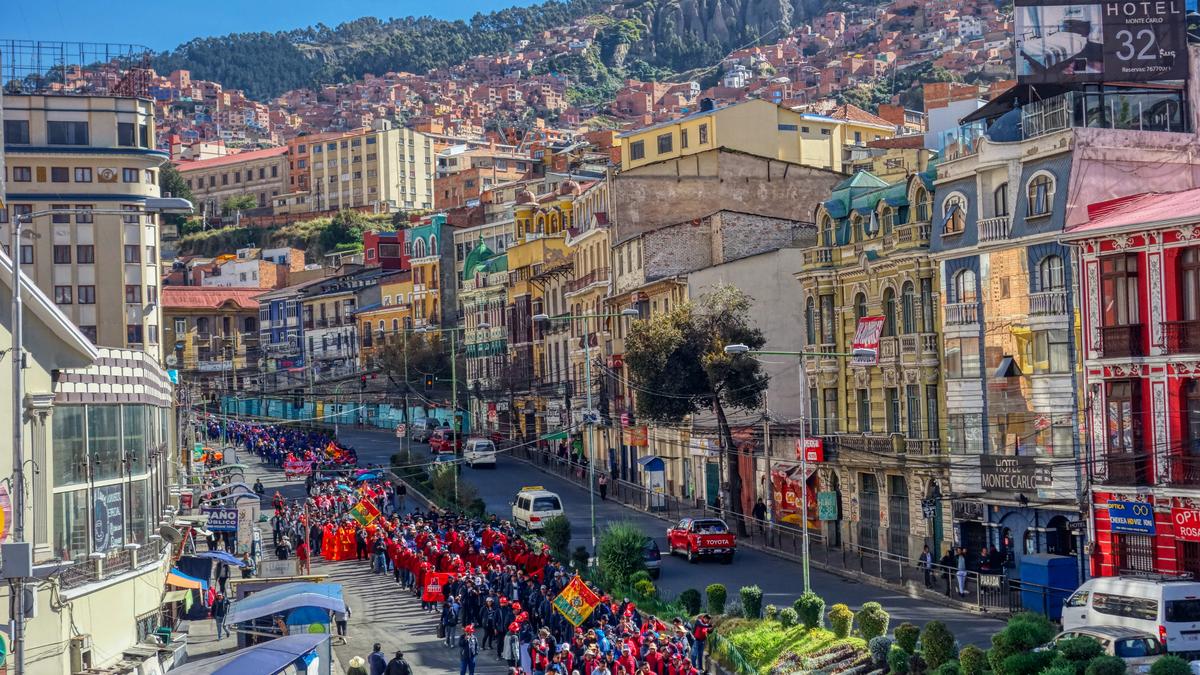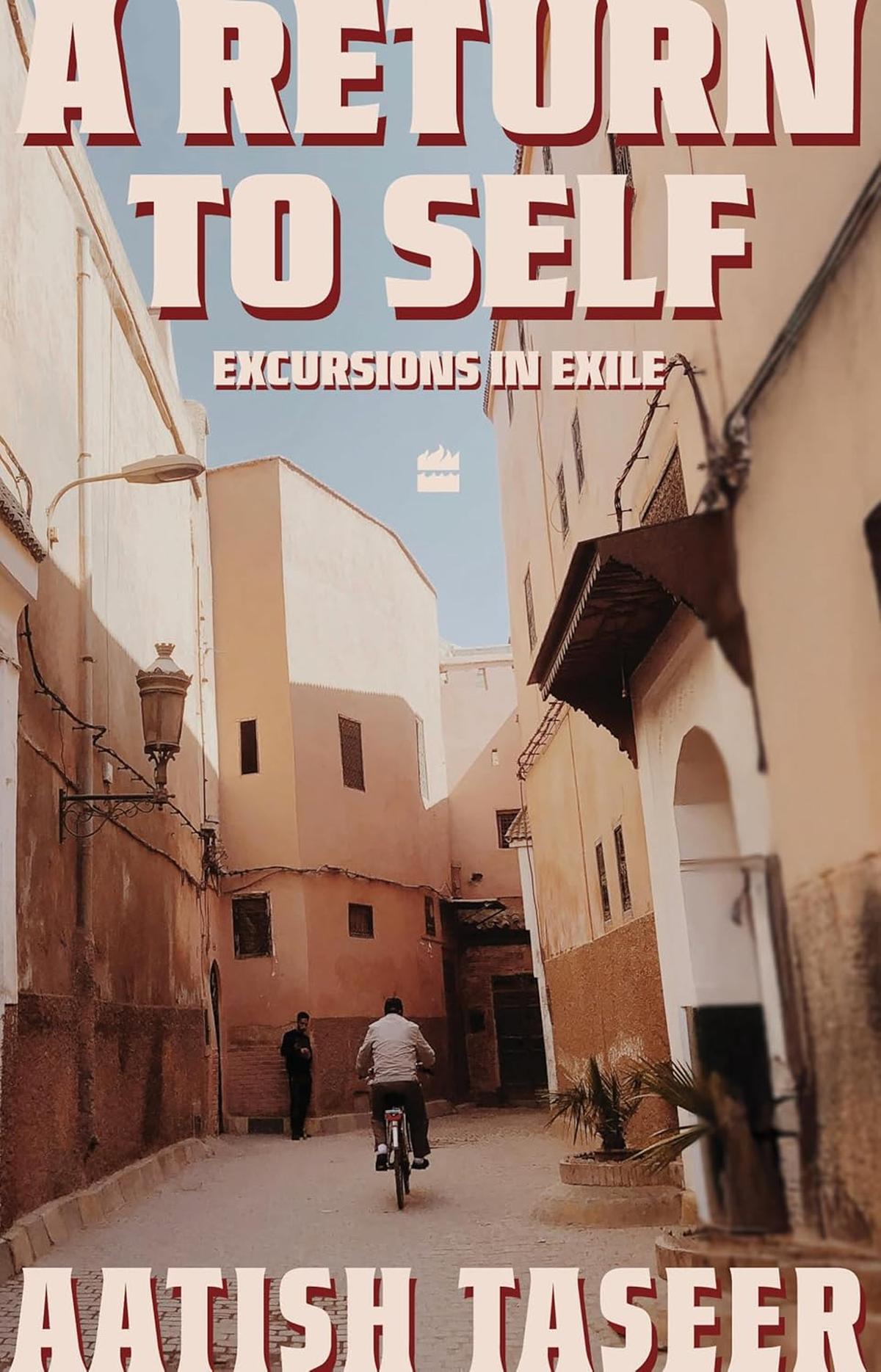In the 1940s, while he was in Nazi-occupied France, Pablo Picasso was once visited in his studio by a German officer. Seeing a photograph of Picasso standing before Guernica, his 1937 painting of the Nazi bombing of the eponymous town in Basque country in northern Spain during the Spanish civil war, the officer asked him: “Did you do that?” “No you did it,” was the artist’s response.
Guernica is largely considered one of the most powerful anti-war artworks of the 20th century. It is also a slice of Spain’s eventful, bloodied history, which saw cultural wars, colonial conquests and fascist rule over centuries. Behind the rise of fascism in Spain lies “a nostalgia for empire”, says Aatish Taseer in A Return to Self: Excursions in Exile. In his essay on Spain, ‘The Ghosts of Al-Andalus’, Taseer takes the reader through the deep historical roots of the violence Picasso saw in Guernica in the 1930s. There are three societies in the world — Spain, the Balkans and India — that saw “centuries of Muslim rule over large swathes of an unconverted population,” he notes. “For some 900 years, Spain was a plural society. And then, around the early 1600, it was not. What changed?” asks Taseer. He seeks answers through his travels, connecting ‘reconquista’ to the rise of fascism in the 20th century, and the eventual joining of Spain in “the spirit of liberalism”.
Point of no return
A Return to Self is a collection of his travel writings in which Taseer seeks both answers for historical puzzles and questions about his own identity. A British citizen by birth, Taseer mostly grew up in India with his mother’s family. In November 2019, the Indian government revoked Taseer’s Overseas Citizenship of India, a few months after he wrote a cover story in Time magazine calling Prime Minister Narendra Modi “India’s Divider in Chief”. The article “enraged the Prime Minister”, points out Taseer, whose father was Salman Taseer, the Pakistani businessman and politician, who was assassinated in 2011 by his bodyguard for defending a Christian woman accused of blasphemy. “I had been recast as an outsider, an alien, a Pakistani. It was a judgement from where there was no reprieve,” writes Taseer.
Taseer, who writes for T: The New York Times Style Magazine, “began to travel seriously even before the Modi government seized my OCI”. All essays in the book, except the introduction where he writes about his loss of the OCI, were written for T Magazine. In the book, he brings in a connecting theme of searching for identity while in exile. “Exile is a writer’s natural state,” Taseer, who lives in New York with his husband, quotes writer Jeet Thayil as saying. Taseer follows this dictum in his essays. But his travels are a choice he made, while exile is a wound many are forced to bear.
A home in words
Taseer writes as if words were his first homeland. “Within perfume, there had always existed the category of ‘orientals,’ related to strong smells such as musk and civet, but at certain times, in the history of European perfume, those smells had become the site of aversion and repugnance, as well as attraction and fantasy,” he says, bringing Edward Said into perfumery. In Mexico, he uses the metaphor of food to understand the ideas of native and invasive. In Istanbul, like V.S. Naipaul, who is excessively quoted in the book, Taseer is “going back many times to the same place” to see the changes. In Bolivia, Mongolia and Iraq, he is a secular pilgrim watching over Catholic festivals, Buddhist imaginations and Shia commemorations.
Taseer says he was always fascinated by the idea of pilgrimage, which connects someone with a distant homeland, which took people out of their homes to faraway cultural destinations. Taseer lives in the West. His bond with India is cultural — a place where he grew up, a place which he longs for, the homeland of his mother. Yet, the idea of the loss of India turns him into a pilgrim. He travels not as a wanderer or a tourist but as someone seeking kinship, with people, histories, and memories of belonging.
While the beauty of Taseer’s language, lush and evocative, will captivate the reader, at times, the essays seem to disappear beneath the weight of their own language. Turkey has witnessed massive political and social changes in the past quarter century, ever since the rise of Islamists under Recep Tayyip Erdogan. But Taseer has carefully maintained a neutral political tone throughout the book. It works when he talks about Mongolia or the Andes, but the absence of politics is too stark in chapters about Turkey or Uzbekistan. In the case of the latter, while the communist past of Uzbekistan is attacked, the country’s present is left untouched. By contrast, the essays on Spain, Mongolia, Iraq and Bolivia reveal Taseer at his most compelling. Here, his lyrical command of the language blends effortlessly with his journalistic curiosity and sharp observation to tell the historically layered stories of these societies through deeply personal encounters.
A Return to Self: Excursions in Exile
Aatish TaseerHarperCollins₹499
Published – October 10, 2025 06:30 am IST

